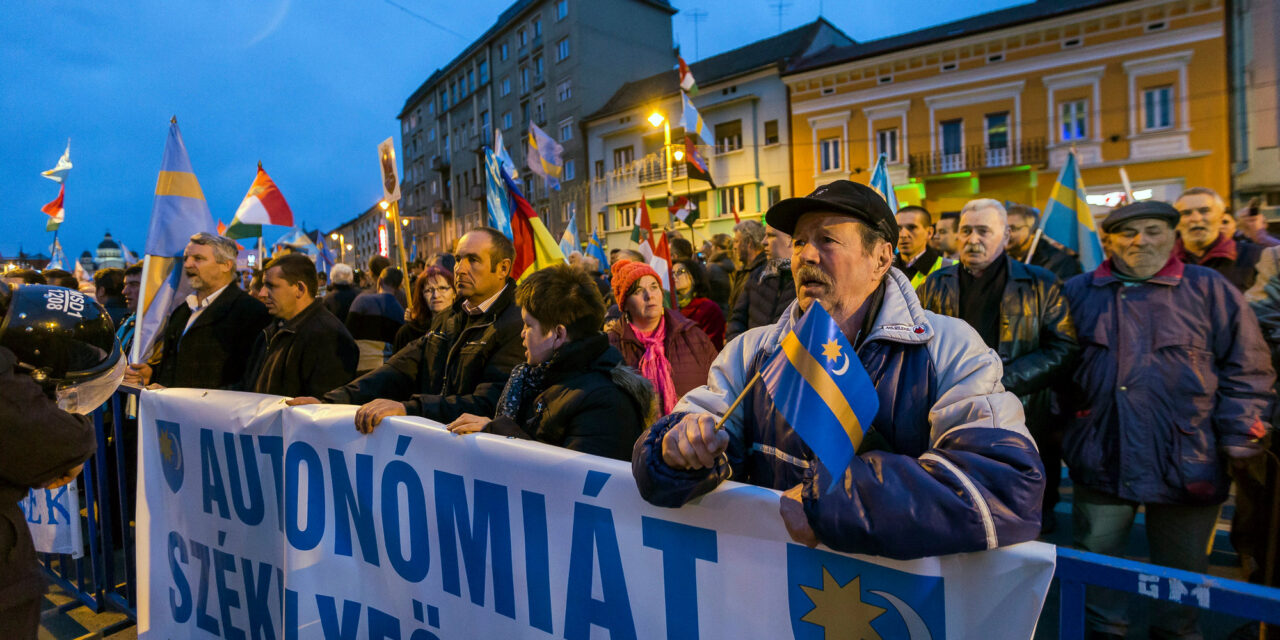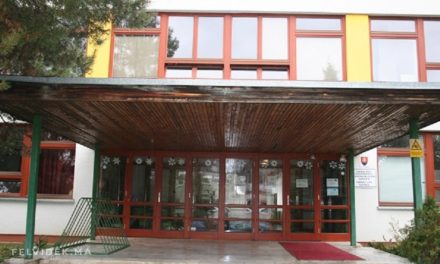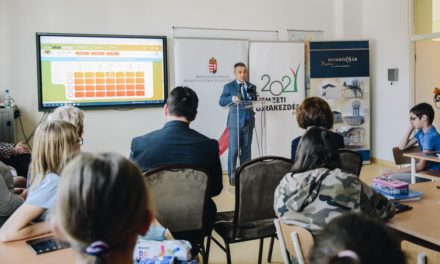Despite the rejection of the Romanian legislation, the Transylvanian Hungarian Association (EMSZ) continues the struggle for autonomy at the level of local governments and decision-making in Bucharest, and undertakes to resubmit the autonomy drafts, the national presidency of the Transylvanian Hungarian party told MTI on Friday.
In the statement, the presidency reminded: on Thursday, the Romanian House of Representatives, and then on Friday, the Senate, as the deciding house, rejected with a large majority the draft laws on the territorial autonomy of Székelyföld and the cultural autonomy of Transylvanian Hungarians. As they write, this happened "with humiliating speed, multiple violations of the rules of the house, in the midst of extreme anti-Hungarian sentiments".
According to the EMSZ, "although Romania constantly tries to create the appearance in international forums that, as a so-called "model state", it has solved the situation of the indigenous national communities living in its territory and ensured their rights in a broad way, the reality is the exact opposite". The Romanian parents-in-law proved this with their negative votes and their anti-Hungarian outbursts, as they are not even willing to continue a discussion about self-determination, they write.
"Despite what happened, we still believe: our quest for autonomy is the strongest possible declaration of loyalty to Romania, and self-determination does not threaten the unity of the country, but is meant to ensure the development of our regions and the survival of our communities" -
underlined by the EMSZ presidency.
He reminded that Romania - in Article 6 of its constitution - recognizes and guarantees the right of persons belonging to national minorities to preserve, complete and express their ethnic, cultural, linguistic and religious identity, and the rightful demand of Transylvanian Hungarians for self-determination is formulated again and again in accordance with this. He added:
the creation of full-scale autonomy is also required by peaceful coexistence and the stability of the country.
The party emphasized: the struggle of Transylvanian Hungarians for self-determination is not without precedent, forms of autonomy that result in economic boom, orderly relations between the majority and the minority, and cultural diversity are known in many European countries.
According to them, with their negative votes, the Romanian representatives will say no to these as well, "leading Romania out of Europe with a firm hand."
The announcement calls for the widest possible Hungarian-Hungarian cooperation and the support of objectives of national strategic importance, of which it calls the achievement of self-determination the most important. As he puts it,
"there is only one solution to the problems of our time: autonomy".
On December 20, Zoltán Zakariás, president of the Transylvanian Hungarian Association (EMSZ), and József Kulcsár-Terza, member of the Hungarian Civil Force (MPE), submitted the framework law regulating the autonomy statute of Székelyföld, the cultural autonomy statute of the Hungarian national community and the cultural autonomy of national communities to the Romanian House of Representatives on December 20. ) acting president, who obtained a representative mandate on the list of the Romanian Hungarian Democratic Union (RMDSZ).
The autonomy draft for Székelyland was developed in the professional workshops of the Székely National Council (SZNT), and the other two in the Transylvanian Hungarian National Council (EMNT).
MTI
Cover photo: Participants in the Marosvásárhely demonstration for the territorial autonomy of Székelyföld on Székely Freedom Day, March 10, 2019. MTI/Gergely L. Boda












